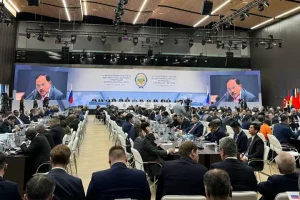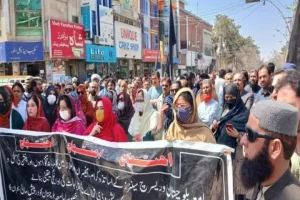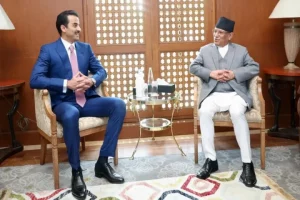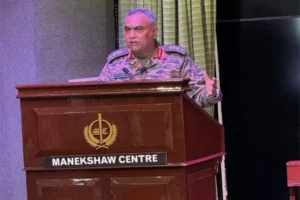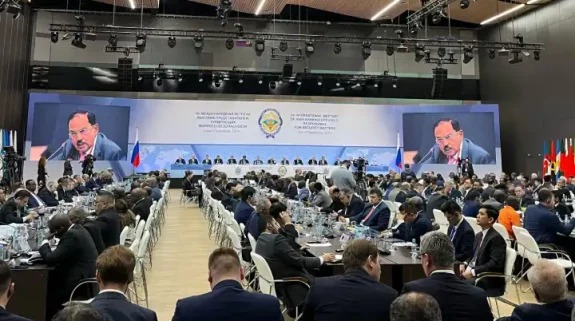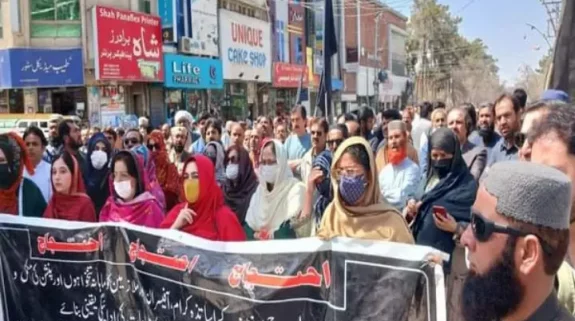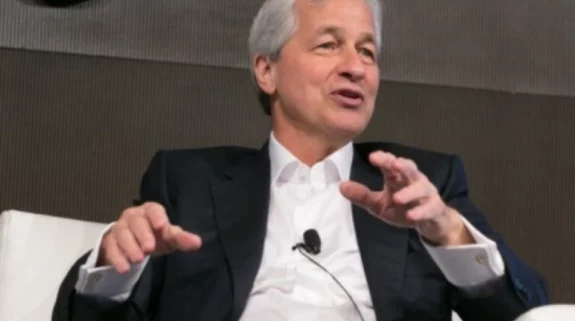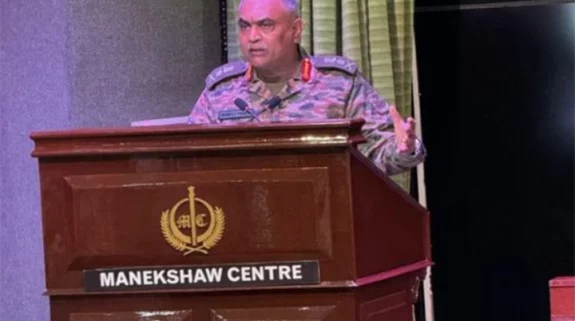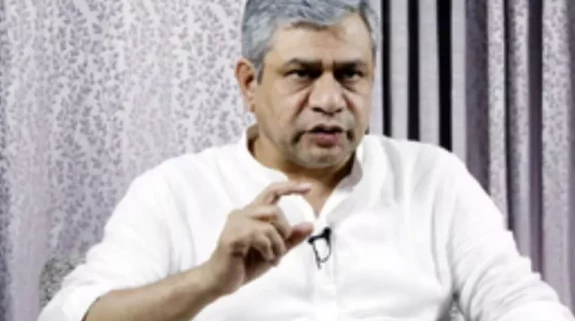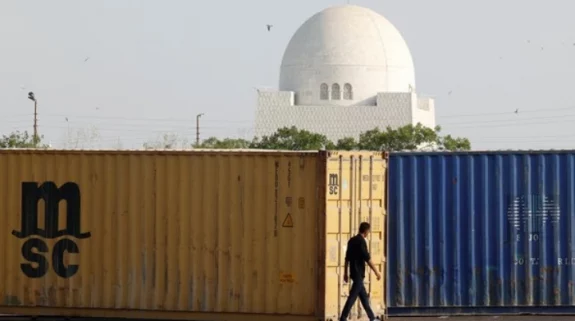India’s diversity in terms of religious, regional and ethnic identities and their peaceful coexistence through centuries form an integral part of the country’s culture and not something that is imbibed through a liberalized education. Syncretic tradition runs deep in the Indian psyche and its examples surface every now and then.
Just yesterday the famous Shital Nath Temple located in the Habba Kadal area of Srinagar, Kashmir was reopened for devotees after 31 years on the occasion of Basant Panchami. The temple was closed due to militancy in the region and exodus of Hindus.
What makes the event special is the support extended to the locals by the Muslims. Santosh Razadan, a devotee, said they had received huge support from locals especially the Muslim community for the reopening.
"Our Muslim brothers and sisters brought pooja items. Baba Sheetal Nath Bhairao's birth anniversary falls on Basant Pachmit that is why we celebrate this day with fervour," said Ravinder Razdan, one of the organisers of the pooja at the temple. He said Muslims provided much-needed support and even came forward to clean the temple.
Such examples of cohesiveness are not singular.
More than 80 orphans from the Saadatganj orphanage of the Lucknow’s All India Shia Orphanage, donated more than Rs.15 lakh for the Ram temple construction at Ayodhya. Wasim Rizvi, the former chairman of Shia Waqf Board, said, "Such an initiative will send a message of unity to those who work to divide people in the name of religion."
Likewise, in Bengaluru, prominent members of the Christians community collected Rs.1 crore as donation for Ram temple construction. Confirming this the Karnataka Deputy Chief Minister Ashwath Narayan, said, "The members of the Christian community from all walks of life donated Rs 1 crore during the fund-raising drive.”
The contributors included entrepreneurs, businessmen, educationists, chief executives, marketing experts and social service activists. Ronald Colaso, a community representative said Christians always respond to the cause of the nation and social harmony.
Not lagging behind in any way, as many as 20 transgenders from Rajasthan donated lakhs of rupees. Describing the construction of the Ram Temple in Ayodhya, as an emotional moment of their life, they maintained that centuries ago Lord Rama had blessed that Kalyug will usher in good times for them.
Rekha Buaji, a transgender from Mewar region donated Rs 5,111,11 for the construction of the holy shrine. Similarly, Kiranbai from Beowar, donated Rs 3,21,000.
Mamta from Rajsamand’s Charbhuja who donated Rs 1,51,000 averred, “I feel very proud of doing something which was guided by my heart. I have collected all my funds after dancing and singing in marriage ceremonies.”
Syncretism shows up in the most unlikely places.
Some 80 km from Patna, in Bihar’s Arwal district, the bells of the local temple is tolled by a Muslim who serves as its priest. Miyan, the man who does it, says in a matter-fact manner, “All religions are same. They all talk about love and service to humanity.” Miyan has been offering prayers since 1949 and speaks Hindi, Urdu and Arabic with equal ease.
Another example of harmony is evident in Bihar’s Bakhari village of Begusarai district. The local temple which was in decrepit condition was renovated with land donation by a Muslim and financial help from others in the community.
The need of the hour is to exemplify such examples and not make the divisive elements as the headline.






